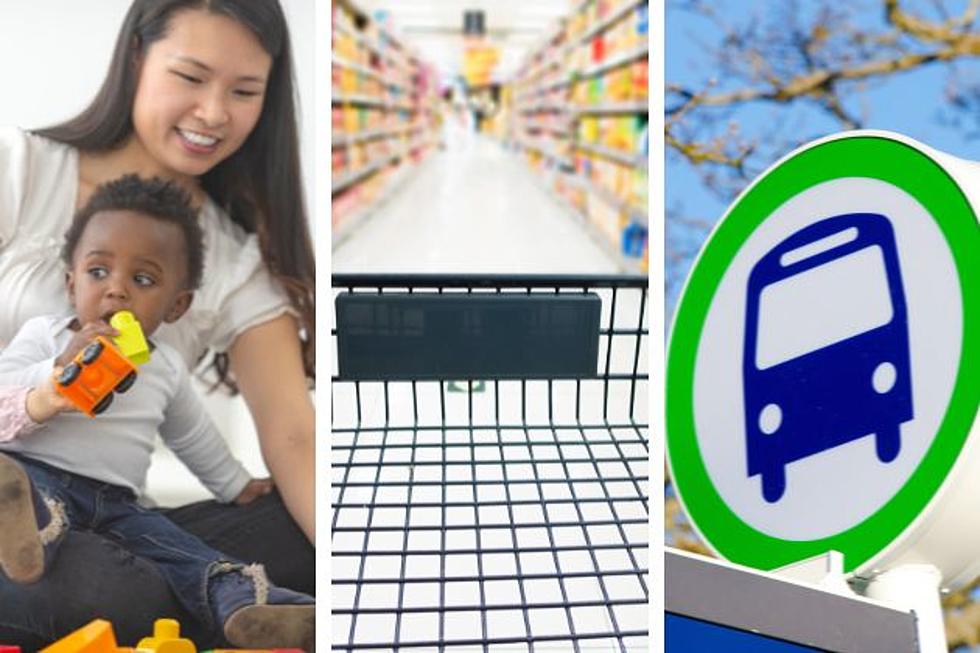
Report shows how rising prices are hurting everyday NJ residents
We all know prices have been going up for just about everything.
A deeper dive into the numbers, by United Way of Northern New Jersey, shows how much these rising prices are crushing low-wage workers, aka ALICE: residents who are asset limited, income constrained, and employed.
The goods and services this demographic depend on to make ends meet represent just a small segment of the hundreds of items measured by the Consumer Price Index. And the prices of these essentials have been increasing at a greater clip than inflation overall, the report finds.
In the Garden State, the cost of ALICE essentials — housing, child care, food, health care, transportation and a smartphone plan — is increasing at a rate of 2.9%, said Stephanie Hoopes, national director of United for ALICE. The CPI, meanwhile, is increasing at a rate of 2.5%.
And that difference of less than half of a percentage point makes an impact. Over the course of 15 years, workers in retail sales, the most common occupation in the state, saw an average $28,300 loss of buying power, or more than a year's earnings, the findings show.
According to a United Way report from earlier this year, 1.3 million New Jersey households struggle to make ends meet — they're either living in poverty or as ALICE, earning above the federal poverty level but less than the cost of basics.
The latest report on the ALICE Essentials Index highlights that inflation figures don't reflect the strain on lower-income households. The CPI's calculations include luxury items, yet is also used to calculate adjustments in critical supports for families, such as Medicaid and Social Security.
"If you're a wealthy person, it's, 'Maybe I won't take the extravagant vacation this year.' If you're ALICE, you're trying to decide whether you're going to buy fruits and vegetables, or rice and beans," Hoopes said.
Report a correction 👈 | 👉 Contact our newsroom
LOOK: Food history from the year you were born
LOOK: Where people in New Jersey are moving to most
More From SoJO 104.9 FM








